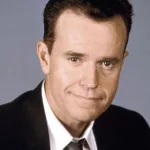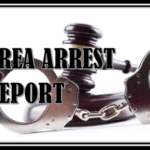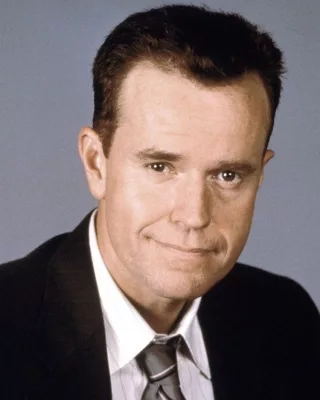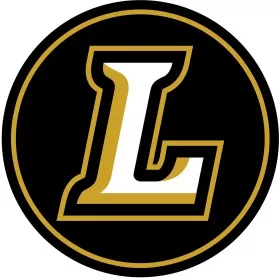Friday was International Holocaust Remembrance Day and for Holocaust survivor, Eva Kor, 82, of Terre Haute, marks the day she was liberated from Auschwitz 72 years ago.
She was just 10-years-old when the horror of what she was about to endure started when she, her twin sister, two older sisters and both parents were crammed into a cattle car for four days in her home of Romania. At the end of those four days, they arrived at the selection platform of Auschwitz and 30 minutes later, she and her family were separated before they disappeared into the crowd. That would be the last time she ever saw her mother, father and two older sisters.
Eva and her twin, Miriam, were sent in a different direction and became part of a group of twins used in medical experiments by Dr. Josef Mengele. She said the conditions of Auschwitz was “subhuman.”
“There was starvation, disease, injections,” she said. Eva says that out of 3,000 individuals and 1,500 sets of twins, only 200 individuals survived the cruel and deadly experiments by Dr. Mengele.
“Dying in Auschwitz was very easy,” said Eva. “Living was a full time job.”
After living at the camp for nine months, she said the allies finally came and liberated the camps, but it took about three weeks until she was finally free.
“Nobody was in charge anymore because the Nazis had abandoned the camp, but they were still fighting with the allies.”
One day she said she and sister, Miriam woke up and it was quiet. “The sound of war was gone. We didn’t quite know what that meant because nobody could tell us what to expect.”
She said they went outside and in the distance, saw lots of people who she didn’t know. She said they were smiling. “But one thing was clear to me. They didn’t look like the Nazis and that was good enough for me.”
It was the Soviet Army.
She ran up to the soldiers who had liberated the camp who said they greeted her chocolate, cookies and hugs. She said at that moment, it was her first taste of freedom.
Afterward, Eva says the only thing she and her sister wanted to do was go home. For months, she said, they kept telling each other, “Someday soon we will be free and we will go home.” It helped them survive. They had just turned 11 years old, and the unfortunate reality was that she didn’t have anywhere do go home to as the war was still active and it wasn’t possible for them to “go home.” So, for the next nine months, she and her sister were forced to call a nearby refugee camp, “home.”
When they arrived back home to Romania in October of 1945, they discovered that no one in her immediate family survived the Holocaust. “The house was ransacked and there were three crumbled pictures on the bedroom floor,” she said.
That’s when she and her sister were taken in by their aunt, her father’s younger sister, who also survived.
In 1948, when Israel became a state, she, Miriam and her aunt filed for a visa to leave Romania. “Romania did not want us to leave,” she said. “It took us three years to get a visa.”
She lived in Israel for ten years, was drafted into the Israeli army and reached the rank of Sergeant Major before marrying her husband Michael, survivor and American citizen who was liberated by a Lieutenant Colonel from Terre Haute.
Her husband at the time wanted to leave Europe for America and he did so in March 1946 with the help of the Lieutenant Colonel. Eva joined him in Terre Haute in 1960.
Since then, she has founded the CANDLES Holocaust Museum and Education Center in Terre Haute. Its mission is to prevent prejudice and hatred through education about the Holocaust. Thousands of people, have visited CANDLES since it opened in 1995.
“By then, I forgave the Nazis,” she said. “By doing so, I freed myself from what happened and what I found out after I forgave, was that I was whole again.”
Now, 72 years later, Eva is reflecting on the significance of Holocaust Remembrance Day and what it means to her today. “You remember that this terrible thing happened to a lot of Jews and the war was silent,” she said. “I also want people to remember all those countries today who have refugees.”
And the power of forgiveness. “Forgiveness is an act of self-healing, self-liberation, self-empowerment. That is very, very important,” she said.













